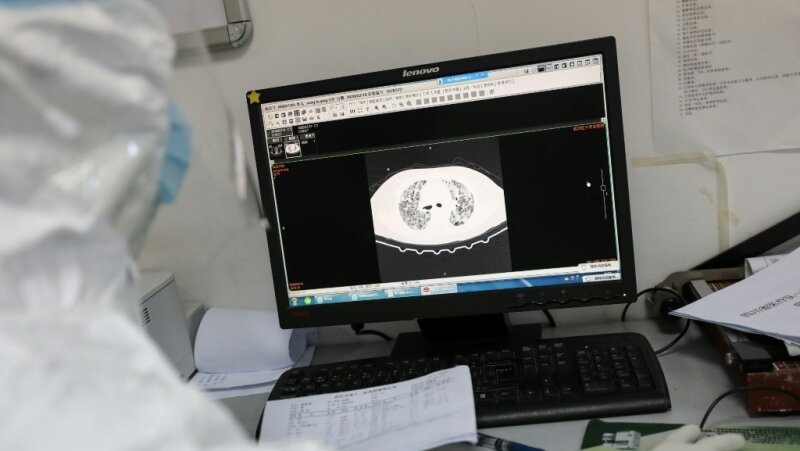Iran achieves early detection of bladder cancer for first time in the world

TEHRAN – A team of researchers at Iran University of Medical Sciences for the first time in the world has managed to detect bladder cancer up to 10 years before clinical diagnosis and early tumor formation in asymptomatic healthy individuals.
Led by Dr. Reza Malekzadeh, the team has been able to detect the disease early in urine samples by examining a somatic genetic mutation, IRNA reported.
The research, called Urinary TERT promoter mutations are detectable up to 10 years prior to clinical diagnosis of bladder cancer: evidence from the Golestan Cohort Study has been published in the internationally acclaimed journal EBioMedicine.
According to WHO, to assess the test’s ability to detect the mutations in urine samples before any clinical symptoms of bladder cancer occur, World Health Organization, International Agency for Research on Cancer (IARC) researchers collaborated with the Tehran University of Medical Sciences in Iran and the United States National Cancer Institute to design a unique pilot study within the Golestan Cohort Study.
Their evaluation of the performance of TERT promoter mutations as early detection biomarkers for bladder cancer in urine samples revealed detection in 46.7 percent of the asymptomatic individuals who later developed bladder cancer. And this was up to 10 years before being clinically diagnosed.
“Our results provide the first evidence from a prospective population-based cohort study of the potential of urinary TERT promoter mutations as promising non-invasive biomarkers for the early detection of bladder cancer,” the study’s co-first author Ismail Hosen said.
IARC scientists are now collaborating with other large prospective cohort studies to confirm these findings.
“If the findings are validated, large trials conducted in individuals at high risk of developing bladder cancer should be designed to address the health and cost benefits of screening for TERT promoter mutations for the global bladder cancer burden,” says Mahdi Sheikh, a postdoctoral scientist at IARC and the co-first author of the study.
“A simple urine test has recently been developed, and these new results are another exciting step towards the validation of a non-invasive early detection tool,” maintained Florence Le Calvez-Kelm, IARC scientist and principal investigator of the study.
“This test could significantly improve and simplify the way in which bladder cancer is detected.”
Bladder cancer is one of the ten most prevalent cancers in both men and women worldwide, with the number of cases reached 550,000, and 200,000 deaths, in 2018.
According to Malekzadeh, bladder cancer is also very common among Iranian men, so it ranks fifth among the most common cancers in Iranian men after gastric, skin, prostate and colon cancers.
Bladder cancer usually affects older adults, though it can happen at any age. Bladder cancer most often begins in the cells (urothelial cells) that line the inside of bladder.
FB/MG
Leave a Comment